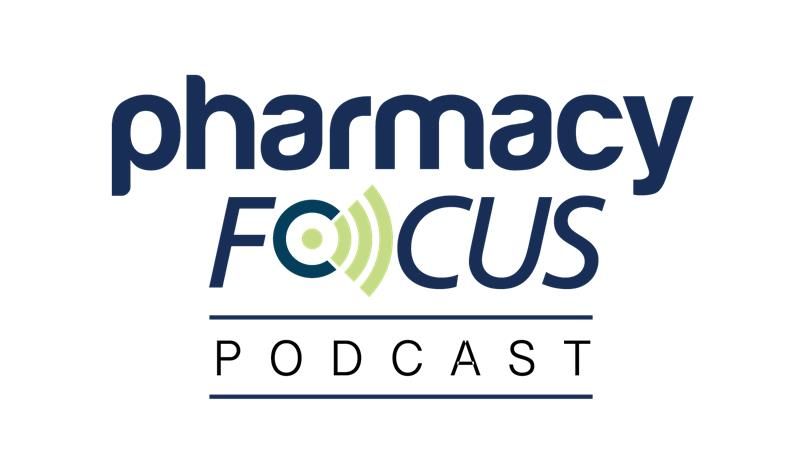Article
Anti-interleukin-21, Liraglutide Combination Treatment in Adults Results in Sustained Insulin Secretion, Lower Insulin Dose
Author(s):
Key Takeaways
- Anti-IL-21 and liraglutide treatment for 54 weeks improved insulin secretion and reduced insulin doses in type 1 diabetes patients.
- The combination treatment showed a 48% improvement in meal-stimulated C-peptide secretion versus placebo.
Treatment of recently diagnosed patients with type 1 diabetes (T1D) with anti-IL-21 and liraglutide for 54 weeks was found to be safe and resulted in sustained insulin secretion and lower insulin dose.
Treatment of recently diagnosed patients with type 1 diabetes (T1D) with anti-IL-21 and liraglutide for 54 weeks was found to be safe and resulted in sustained insulin secretion and lower insulin dose, according to a recent study presented at the American Diabetes Association 80th Scientific Sessions.
Furthermore, the data demonstrated trends toward improved glucose control and fewer hypoglycemic episodes for patients on the combination treatment compared with the placebo.
The researchers conducted the study to evaluate the effect of anti-IL-21 and liraglutide, both individually and in combination, on the preservation of β-cell function following 54 weeks of treatment for adults who were recently diagnosed with T1D.
In order to evaluate the effects of the treatments, adults who were recently diagnosed with T1D with non-fasting C-peptide peak ≥0.2 nmol/L were studied in a multicenter, double-dummy, double-blind, efficacy, safety, and pharmacokinetic randomized control trial comprised of a 54-week treatment period. This treatment period was then followed by a 26-week observation period. The primary endpoint for the trial was the area under the curve (AUC) 0-4h for meal-stimulated C-peptide at week 54 relative to the baseline.
The researchers found that at week 54, the data demonstrated that the combination treatment had a 48% improvement in meal-stimulated C-peptide secretion versus the placebo. The data also demonstrated that the combination treatment was associated with the insulin requirement being lowered by 0.13 U/kg.
Furthermore, the researchers observed trends toward better glycemic control and lower risk of hypoglycemic episodes at 54 weeks compared to placebo with no safety concerns identified. However, treatment benefits were not sustained at 26 weeks following the end of treatment, according to the study.
REFERENCE
Von Herrath MG, Bain SC, Bode BW, et al. Efficacy and Safety of Anti-interleukin (IL)-21 in Combination with Liraglutide in Adults Recently Diagnosed with Type 1 Diabetes. Paper presented at: American Diabetes Association 80th Scientific Sessions; June 12-16, 2020; Virtual. plan.core-apps.com/tristar_ada20/abstract/117174fb-ebd3-4811-9140-b047ecdeed28. Accessed June 16, 2020.
Newsletter
Stay informed on drug updates, treatment guidelines, and pharmacy practice trends—subscribe to Pharmacy Times for weekly clinical insights.






